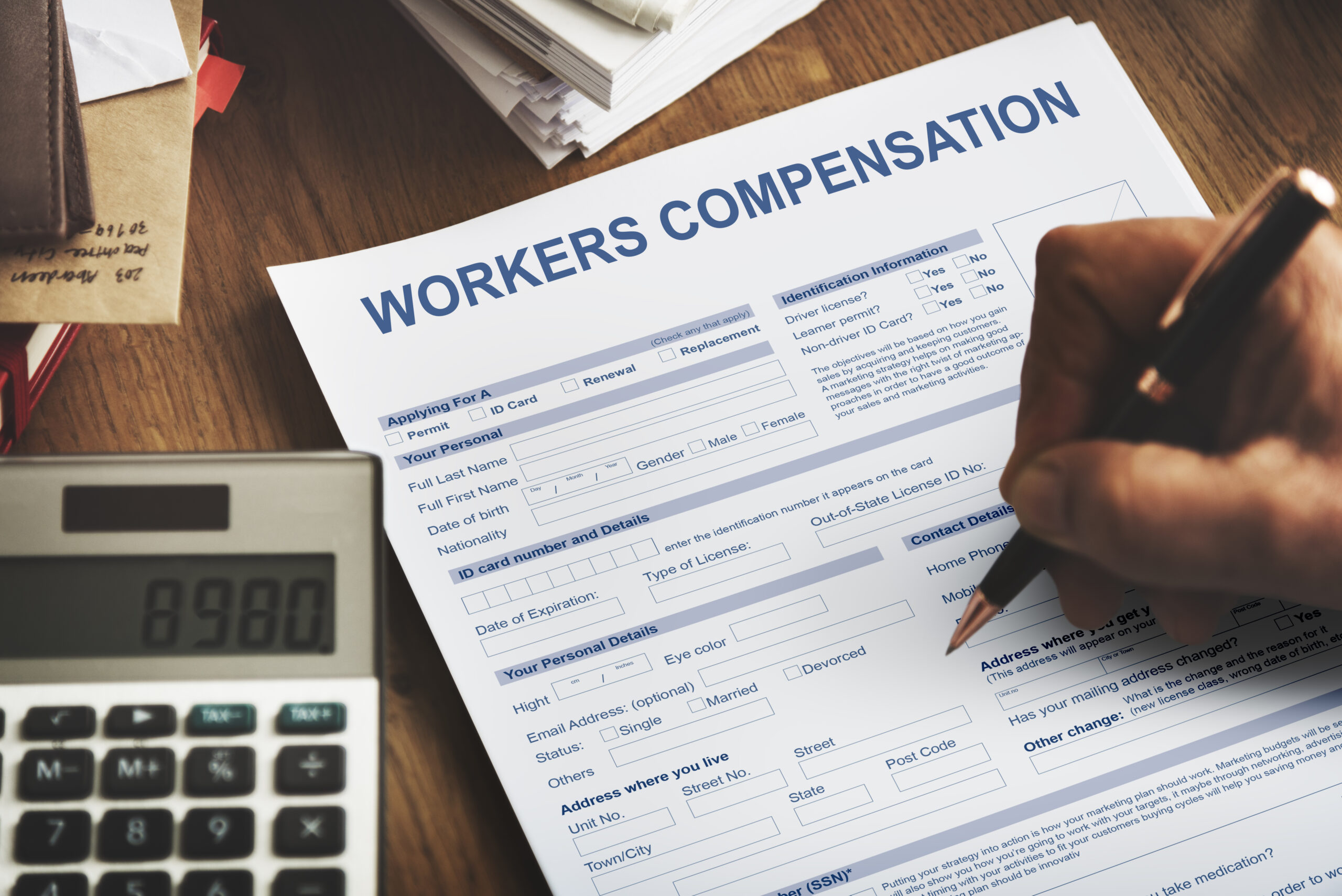When your employees experience a work-related illness or injury, workers’ compensation insurance pays for their medical bills and missed wages. Workers’ compensation is thus one of the most significant small company insurance coverage. Most states, in fact, mandate that all small firms carry workers’ compensation insurance.
Because it’s common for businesses to hire and fire people, your insurance carrier needs to make sure you’re covered appropriately. To make sure that you paid for the required workers’ compensation coverage the previous year, your insurer will conduct a workers’ compensation insurance audit each year.
Why is it necessary to do a workers’ compensation insurance audit?
The amount of workers’ compensation coverage you need is determined by the number of employees you have, your payroll, and the level of risk you face in your day-to-day operations.
These measurements might alter frequently in a small firm; for example, you might recruit more web engineers for your software startup or offer your baristas a raise after a successful year at your coffee shop.
When you apply for a workers’ compensation policy, you must offer your insurance carrier an estimate of your annual payroll. This is used to calculate your initial premium. However, your company may not appear the same at the end of the policy period as it did when you gave your estimations.
A workers’ compensation audit compares your current business KPIs to your estimates (or the findings of the previous year’s audit). Your insurance firm uses the results of this audit to modify your premium for the preceding policy term based on your actual payroll, ensuring that you’re paying for all of the coverage you need.
What happens if you fail to abide by a workers’ compensation audit?
Ignoring a workers’ compensation audit can result in serious consequences for your company. Failure to engage in a workers’ compensation audit is a violation of your insurance provider’s terms, and can result in any or all of the following consequences:
- Your workers’ compensation policy will be canceled
- Financial repercussions
- Inability to obtain insurance coverage in the future
- Legal action can be taken.
Because the consequences of failing to cooperate with a workers’ compensation audit can be severe for you and your company, it’s critical that you respond to any audit question and plan properly.
How to get ready for a workers’ compensation audit
Being prepared for a workers’ compensation audit will make the process much smoother. You should preserve detailed and well-organized records that the auditor may easily access. If you’re not sure what records you’ll need, use this easy workers’ compensation audit checklist as a guide.
- Employee records: The job description and class code for each employee should be included. Insurers use these categorization codes to estimate the risk level of each employee based on their work responsibilities.
- Expenses in cash: The cash flow, expenses, cash disbursements, and general ledger of your company will be examined by your auditor.
- Payroll records: You should include each employee’s pay, as well as any increases or decreases in pay during the previous year.
- Insurance certificates: These are for any subcontractors who have worked with you in the previous year. If the subcontractors aren’t covered by workers’ compensation, they’ll be added to your payroll.
- Reports on taxes: This includes employee W-2s and 1099s, as well as Form 941, Form 944, and other federal tax return forms for all workers and independent contractors.
After a workers’ compensation premium audit, what happens next?
When your audit is finished, your auditor will tell you. If something needs to change with your policy, your insurance provider will use the information acquired during the audit to revise your workers’ compensation premium and coverage.
Your insurance company will usually send you an audit summary that explains what the audit found and how your insurance premium will change.
You’ll have to pay the difference in premium if the audit finds that your policy premium was too low. Your insurance company will most likely grant you some extra time to pay the extra rate.
Your insurance company, on the other hand, will refund you if you overpaid for workers’ compensation insurance the previous year.
The audit’s findings also decide how much you’ll pay for the next year.

